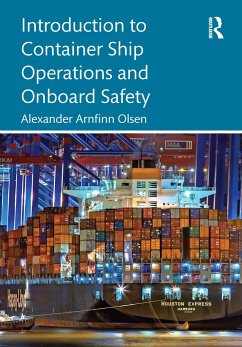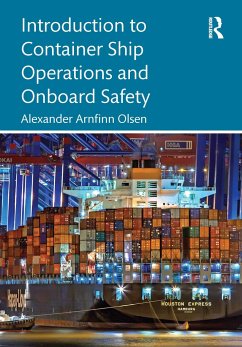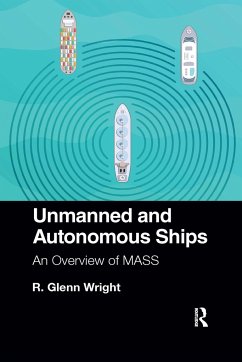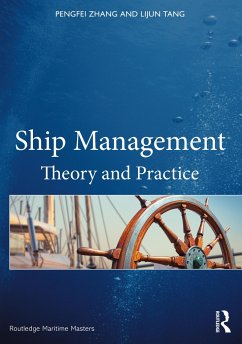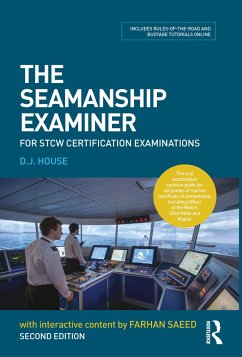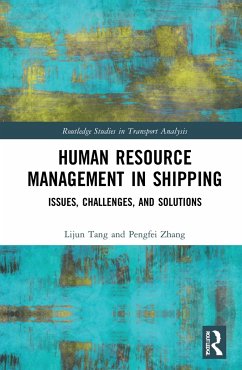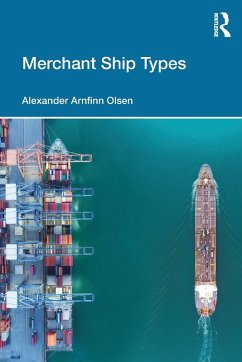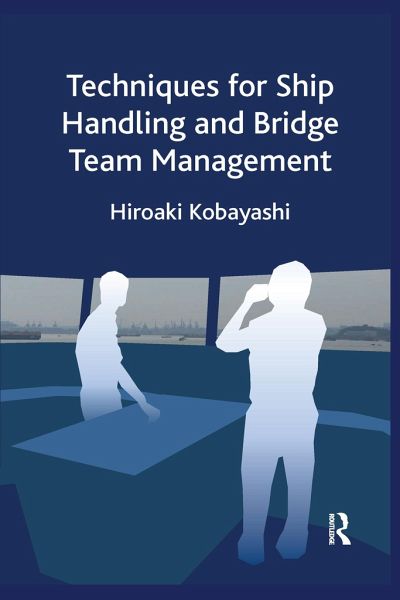
Techniques for Ship Handling and Bridge Team Management
Versandkostenfrei!
Versandfertig in 6-10 Tagen
51,99 €
inkl. MwSt.

PAYBACK Punkte
26 °P sammeln!
Hiroaki Kobayashi has trained 1500 mariners in ship handling over twenty years and he has systematized the methods of safe navigation into nine elemental techniques. Taking a rigorous and scientific look at good practice and attitudes, good seamanship can be viewed as a series of concrete technical functions, which can be in terms of competencies.By giving proper attention to human factors the conditions for maintaining system safety can be defined, and the interaction of human competencies and environmental conditions and their effects on system safety can be recognised. System safety in turn...
Hiroaki Kobayashi has trained 1500 mariners in ship handling over twenty years and he has systematized the methods of safe navigation into nine elemental techniques. Taking a rigorous and scientific look at good practice and attitudes, good seamanship can be viewed as a series of concrete technical functions, which can be in terms of competencies.
By giving proper attention to human factors the conditions for maintaining system safety can be defined, and the interaction of human competencies and environmental conditions and their effects on system safety can be recognised. System safety in turn depends on good bridge team management, with particular emphasis on communication, cooperation and leadership - communication for the exchange of information, cooperation to smooth team activities, and leadership to ensure that each member of the team performs successfully.
By giving proper attention to human factors the conditions for maintaining system safety can be defined, and the interaction of human competencies and environmental conditions and their effects on system safety can be recognised. System safety in turn depends on good bridge team management, with particular emphasis on communication, cooperation and leadership - communication for the exchange of information, cooperation to smooth team activities, and leadership to ensure that each member of the team performs successfully.





